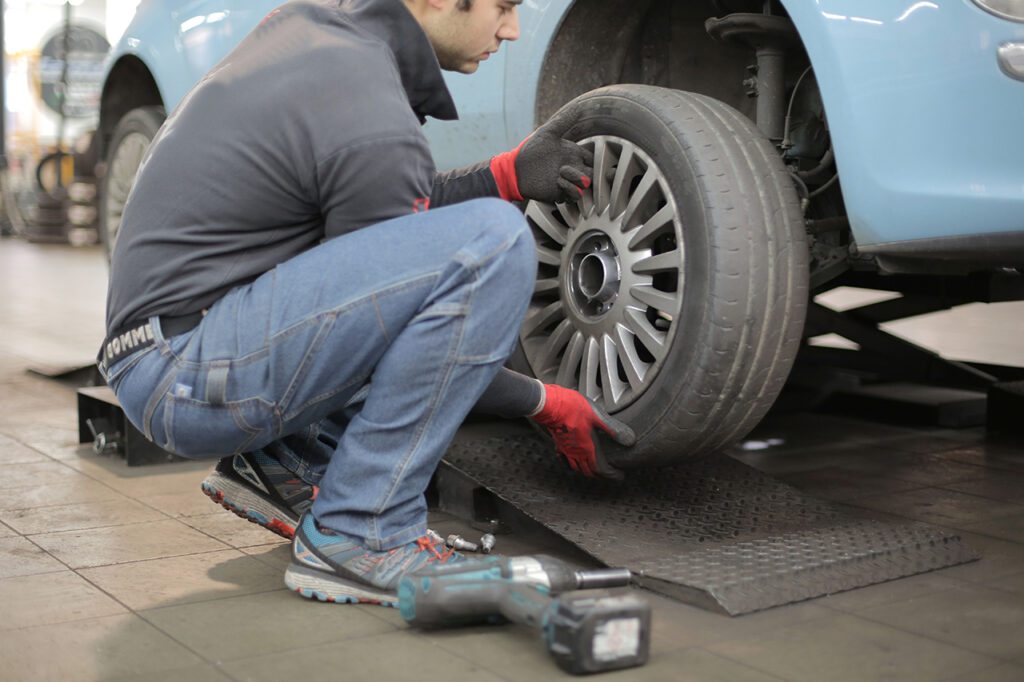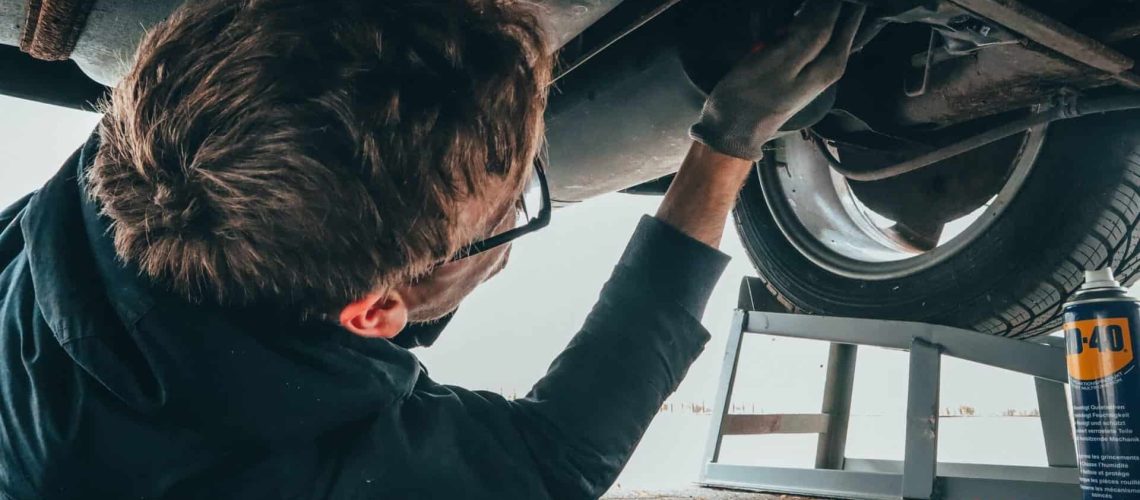Are your brakes squeaking, grinding, or just not performing as they used to? It might be time for a brake pad replacement. In this comprehensive guide, we’ll delve into the world of brake pad replacement, answering your burning questions and helping you make informed decisions about your vehicle’s safety and performance.
How Much Does It Usually Cost To Replace Brake Pads?
The cost of replacing brake pads can vary widely depending on several factors, including your vehicle’s make and model, the quality of the brake pads, and where you choose to have the work done. On average, you can expect to spend anywhere from $100 to $300 per axle (front or rear) for a standard brake pad replacement, including parts and labor.
For those who prefer top-of-the-line, high-performance brake pads, the cost may be higher. It’s worth noting that some luxury or high-performance vehicles may come with more expensive brake pads due to their specific requirements.

How Often Should Brake Pads Be Replaced?
The frequency of brake pad replacement depends on several factors, including your driving habits, the type of brake pads you use, and the conditions in which you drive. As a general guideline:
- Every 30,000 to 70,000 miles: This is a typical range for brake pad replacement, but it’s essential to consult your vehicle’s owner’s manual for manufacturer-recommended intervals.
However, it’s crucial to pay attention to warning signs like squeaking, grinding, reduced braking performance, or the wear indicator light on your dashboard. Ignoring these signs can lead to more expensive repairs, including damage to the brake rotors.
Should You Replace All 4 Brake Pads At Once?
When it comes to brake pad replacement, there’s often a debate about whether to replace all four pads at once or only the ones that show signs of wear. While you can technically replace just the front or rear brake pads, it’s generally recommended to replace all four at the same time for several reasons:
- Balanced braking: Replacing all four pads ensures balanced braking performance, as each wheel will have fresh, equally effective brake pads.
- Preventative maintenance: Replacing all four pads minimizes the chances of uneven wear, which can lead to other brake system issues down the road.
- Safety: Balanced braking improves your vehicle’s stability and safety, especially in emergency braking situations.
What Is The Price To Replace 4 Brake Pads?
If you choose to replace all four brake pads simultaneously, you can expect the cost to be roughly double the price of replacing just one axle. This means that the total cost of replacing all four brake pads, including parts and labor, could range from $200 to $600 or more.
Now, it’s essential to emphasize that brake pad replacement is not a DIY job for everyone. This critical maintenance task should ideally be performed by a trained professional. Here’s why:
- Expertise: Trained professionals have the knowledge and experience to ensure that your brake replacement is done correctly, minimizing the risk of errors that could compromise your safety.
- Specialized Tools: Mechanics have access to specialized tools and equipment needed to safely and effectively replace brake pads and assess the condition of other brake system components, such as brake rotors.
- Brake Fluid: During the replacement, professionals can also check the condition of your brake fluid and, if necessary, perform a brake fluid flush to maintain optimal brake system performance.
- Thorough Inspection: Professional technicians will conduct a comprehensive inspection of your brake system, including checking the condition of the brake rotors, calipers, and other critical components.
Brake pad replacement is a crucial aspect of vehicle maintenance that ensures your safety on the road. While the cost can vary, the investment is well worth it to maintain your vehicle’s performance and protect yourself and others while driving. Regular inspections and proactive replacements based on wear and tear are key to ensuring your brakes are in top shape. So, if your brakes are due for replacement, don’t delay – your safety is on the line! Trust a trained professional to handle this critical task, and enjoy the peace of mind that comes with a properly maintained brake system.




